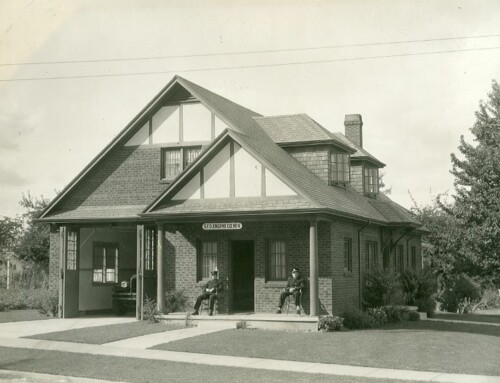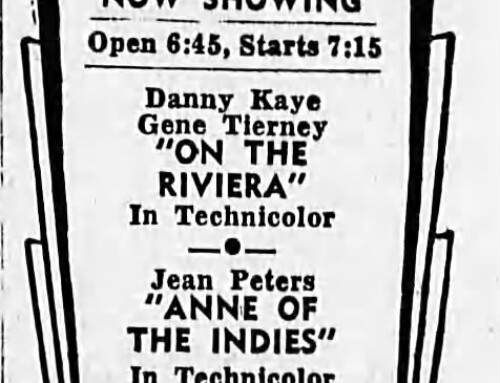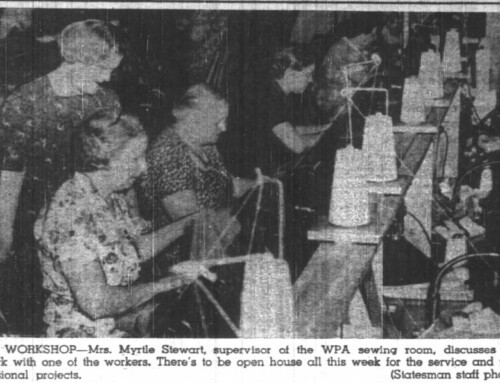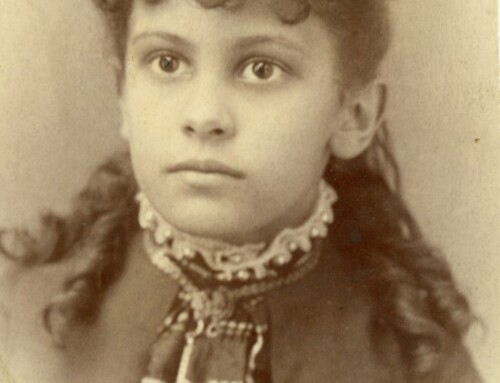By Richard van Pelt
The Willamette Heritage Center has a collection donated by George Strozut for which the engraving on the wall of the state archives building could have been created. During Oregon’s centennial year and for several thereafter students at North Salem High School enrolled in George’s US History and Government class conducted interviews of family or neighbors who were of their grandparents’ generation. These interviews were the basis for term papers.
I was part of the first group given the assignment. He told us to interview pioneers and to get them to talk about what it was like to grow up during the late nineteenth and early 20th centuries. The stories they tell describe growing up in many parts of the country – from upstate New York to the deep South, Oklahoma and the upper Midwest, as well as in Oregon, Salem, and Marion County. There are even interviews with people, born in other countries who later emigrated to this country.
These are well written papers, often fifteen to twenty pages or more in length. The narrations are well structured and often creative in approach. One student prefaces her paper by writing that she is putting her narrator’s story in the first person, using the dialect and slang of the period and presenting it as a day in the life of the person. Another is written in the manner of Walter Conkite’s TV series from the 50’s, “You Are There.”
Reading these papers, sometimes fifty years to the day that they were submitted leads me to think our lives are mundane in comparison to that described in these papers. To look at a photograph from the period is to see a static shot of the time, which the viewer must interpret. To read these papers is to have those photographs speak. Here are several snapshots that stand out:
“On striking memory I have is of my teacher with a revolver on either side of his desk and a Winchester in a handy position. This all came about one day when a certain fellow about 18 years old was being quite a nuisance. Mr. Kauffman, our teacher, hold him to go home and not come back . . . The next morning the expelled boy was back with his father – both were armed with rifles. After a discussion with the helpless teacher the student was permitted to enter school. The remainder of the day that boy held his revolver on our frightened teacher.” (2002.021.0059, Sherman Cross)
This describes growing up in the Pennsylvania oil country: “There were no modern conveniences for transporting oil and therefore it was shipped from one place to another by allowing it to float on top of the water of the creeks. Lightning struck a creek and a raging oil fire was started.” (2002.021.0060, Mrs James Crother)
On growing up in Ireland: “We called automobiles ‘road lice.’” “All of the people in our community were eccentric.” (2002.021.0064, William Damery)
“We worked the farmers’ eight hour day – eight hours before noon and eight hours after noon.” (2002.021.0076, Harry Dole)
“For ventilation she left the windows open. This caused another problem, because the bats could always find the opening. They would fly into the house and land on the chimney where it was warm.” “On New Year’s Eve the telephone operator rang the general ring at midnight. Everyone on the line answered the call and shouted ‘Happy New Year’ into the mouthpierce.” (2010.021.0078, Ruth Fainman)
“One of our neighbors forgot how to turn off the motor of his new car and had to drive around and around the pasture until he ran out of gas.” “most of the men worked one or two days on the road instead of paying a tax.” (2010.021.0079, Mrs. Silas Fanning)
Poem about living in a sod house: “Run for your dugout,/ Run for your hole,/ Live like a groundhog,/ Die like a mole.” (2010.021.0089, James Goode)
Richard van Pelt volunteers at the Willamette Heritage Center. You can see a list of all of the interviews amassed in the collection here: Strozut Interviews Finding Aide.







That is Intetesting.Mr George Struzut was my. World History Teacher in 1959 and 1960. I had to go to So. Salem High because we lived 10 miles So of Salem, on Sunnyside Rd. Then in Nov. 1959 we moved in town. My foljs did bit drive , so we moved. We lived out there 4 yrs. We rented from Dr Wells and Mrs Leonira Wells. Grandmother Barnes and Uncle Tom Barnes had a Cherry Farm 2 miles on Ridgeway Dr. Now the business of Bryant Enterprises.